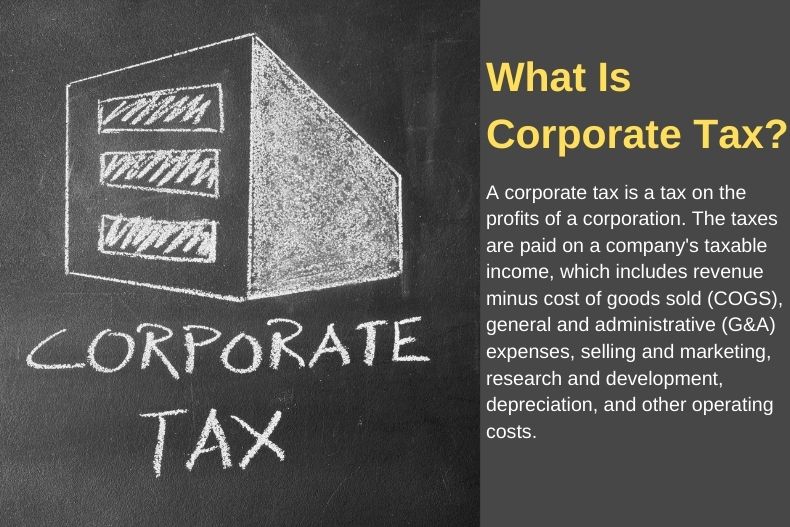If you want your company to soar high and stay competitive in the industry, ensuring your expenses are not more than your profits is paramount.
After all, running a significant business is no gimmick. And many company managers fall for “the Silicon Valley dream,” thinking that they are bound to become the next Amazon or Facebook one day.
But the majority don’t even make it the first year and, as a result, have to step down from the corporate ladder.
No doubt, the first two years are crucial for any corporation to jump-start their business.
You can have a grade-A team of employees, a ground-breaking idea, a modern office, and financing all under your belt. However, if you don’t consider effective tax planning, you will run the risk of taxes eating away from your finances on a monthly basis.
That’s why corporate tax planning is essential to understand better and reduce your tax liabilities, manage dividends, and use regional tax exemptions.
Before jumping into the benefits of corporate tax planning, you need to know the different types of tax planning.

Types of Tax Planning
You want to see fewer numbers in your accounts payable, loans, and other accrued expenses as much as possible.
Many managers fail to realize that just reducing liabilities without effective planning doesn’t constitute a part of a well-managed corporate financial system.
Yes, you want to reduce taxes and increase shareholder investment. But first, you need to know the right time to invest in suitable securities.
Here are the different methods of tax planning:
1. Short-term and Long-term tax planning:
Short-term tax planning refers to the annual planning that’s done to achieve a specific objective. In contrast, long-term planning doesn’t involve immediate pay-offs.
2. Permissive Tax Planning:
This method involves planning under provisions of the regional law. For example, you can qualify for a specific tax exemption in California but don’t qualify for the same exemption in Texas.
3. Purposive Tax Planning:
This involves using tax-saver instruments with a specific purpose to ensure you obtain optimal benefits from your investments. You can select appropriate investments, create a qualified plan to replace assets, and diversify business and income assets based on your residential status.
Now it’s time to know WHY corporate tax planning is essential.
Advantages of Corporate Tax Planning
1. Minimize Litigation:
Resolve your tax disputes with local, federal, state, or foreign tax authorities. Often, tax collectors have no problem collecting as much tax as possible, and taxpayers end up on the lower hand. Hence, minimizing litigation saves the taxpayer from legal liabilities.
2. Reduce Taxable Income:
Every taxpayer wants to reduce their tax burden and save money. A professional tax accountant can assist you with corporate tax planning and increase your profits.
3. Ensuring Economic Stability:
As a responsible taxpayer of your country, you contribute to the overall betterment of people’s lives. When you implement effective tax planning and management, you take part in the healthy flow of money that leads to the excellent progress of the economy.
4. Leverage Productivity:
One of the core tax planning objectives is channeling funds from taxable sources to different income-generating plans. When you incorporate such practices in your business schemes, you can utilize funds optimally.











